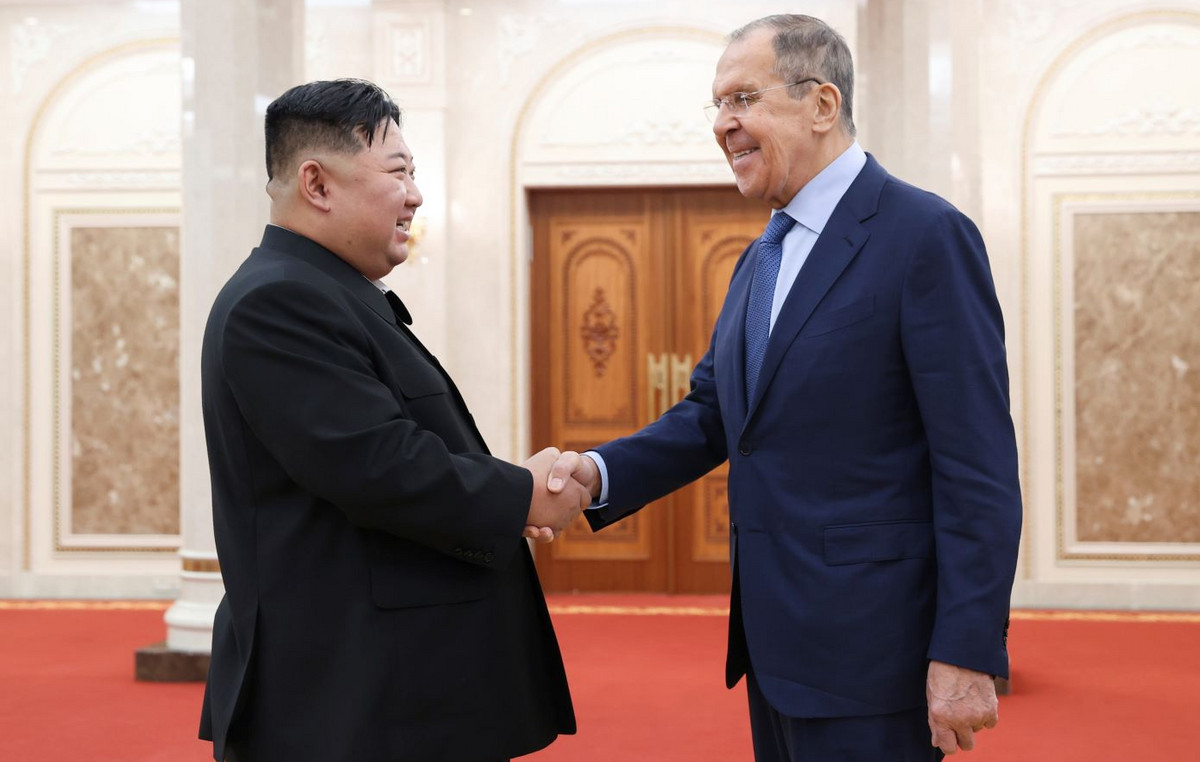The Senate’s Independent Fiscal Institution (IFI) revised its inflation forecast for this year from 5.4% to 7.9% – more than double the 3.5% target set by the National Monetary Council (CMN). The data are in the body’s May report, released this Wednesday (18), six months after the last December balance sheet.
If the increase in prices makes Brazilians lose their purchasing power, on the other hand, it boosts government revenue. Even with the expectation of a loss of R$ 31.4 billion in exemptions and tax reductions for this year, according to the IFI, the estimate of gains has grown.
According to the May report, net revenue (excluding transfers to states and municipalities) is expected to reach R$1.7 trillion in 2022. The current scenario includes an increase of R$111 billion compared to the six-month forecast. behind.
Economist Alexandre Andrade, from the Independent Fiscal Institution of the Senate, explains that high inflation increases the basis for calculating taxes. Consequently, the collection goes up, even with the tax waivers.
Among the losses listed for this year by the document are R$ 17.6 billion with the reduction of PIS/Cofins on diesel; of up to R$ 7.6 billion with a 35% drop in IPI rates on products such as electronics and footwear; in addition to R$ 700 million with the decrease in Import Tax, such as meat and biscuits. “It is a sign that highlights the robustness of the growth of federal revenue. The government promoted this because it can give up”, evaluates Andrade.
At the other end, of what should boost collection, the new projection of managed revenues, those coming from taxes, is R$ 1.38 trillion, an increase of R$ 132.5 billion in relation to December.
The increase in the price of oil also made the IFI increase by R$ 90.9 billion the expectation of revenue from the exploration of natural resources for 2022, which reached R$ 131.3 billion in the analysis of this month of May.
On the other hand, the improvement in the labor market, with the increase in formal jobs, despite the drop in income, still expanded the projection of social security revenues, which should reach R$ 511.3 billion this year, R$ 24.4 billion more than than expected in December 2021.
GDP and Selic
In addition to collection, the IFI also forecasts an improvement in GDP, from 0.5% to 1%, due to the recovery of several sectors, such as commerce and services, and the release of funds from the Guarantee Fund for Employees by the government federal.
The Independent Fiscal Institution estimates that, between April and June, workers must withdraw R$ 30 billion from the FGTS, 30% of which must be used for purchases and the rest must go to pay debts and savings.
“Since the last scenario review, in December, the external environment has worsened. The world will grow less in 2022. Brazil has extra breath: the positive performance of the activity at the beginning of 2022 and the effect of measures such as the release of the FGTS on family consumption raised the GDP growth projection of 0.5% to 1%”, says the report released this Wednesday.
In the case of the Selic, the basic interest rate, it is expected to reach 13.25% by the end of the year. Economist Alexandre Andrade, from the IFI, points out that the economy should continue to slow down due to strong interest rates to stop inflation, with effects also for the next year. The institution revised the 2023 GDP from 2% to 1%.
“Inflation is bad for business people and consumers. For the entrepreneur because it affects the horizon of planning, investments and they retract. At the same time, consumers stop consuming or have eroded purchasing power. To face this inflationary scenario, the Central Bank started to raise interest rates in March of last year. The rate has already risen from 2% to 12.75%. This increase of more than 10 pp will cause a cooling of economic activity”, he added.
Source: CNN Brasil
I am Sophia william, author of World Stock Market. I have a degree in journalism from the University of Missouri and I have worked as a reporter for several news websites. I have a passion for writing and informing people about the latest news and events happening in the world. I strive to be accurate and unbiased in my reporting, and I hope to provide readers with valuable information that they can use to make informed decisions.







